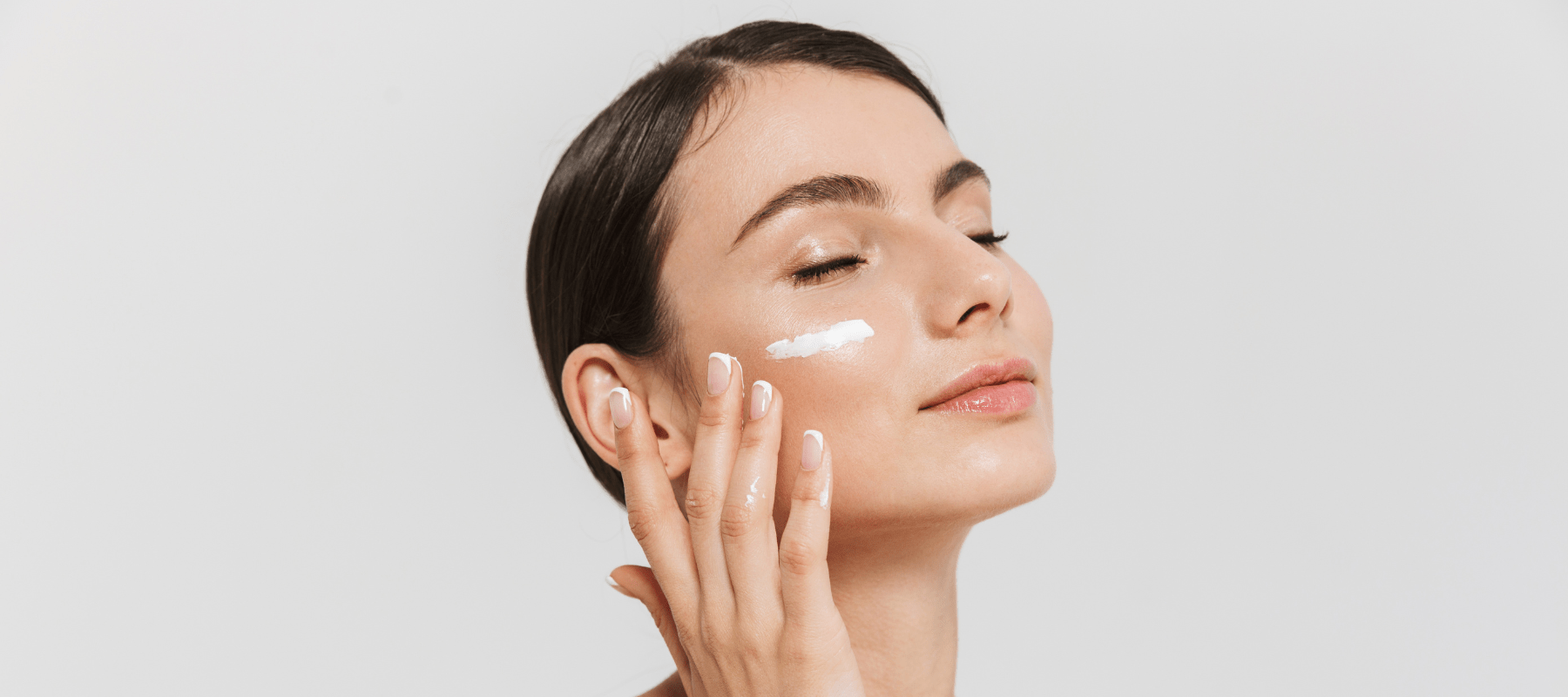
Moisturiser Uses and Misconceptions: How to use Face Moisturiser?
Moisturiser is a skincare product that plays a vital role in maintaining the health and hydration of the skin. It is designed to replenish and retain moisture, creating a protective barrier that prevents water loss and keeps the skin supple and nourished. In this comprehensive guide, we will explore the various uses of moisturiser, when and how to use it, the benefits it offers, different types available, and address common misconceptions surrounding its usage.
What is Moisturiser and its Uses?
Moisturiser is a skincare product formulated to hydrate and nourish the skin. Its main uses include:
1. Hydration: Moisturisers work by replenishing the skin's moisture content and preventing transepidermal water loss. They provide essential hydration to keep the skin soft, smooth, and supple.
2. Barrier Function: Moisturisers help strengthen the skin's natural barrier, preventing environmental aggressors, pollutants, and irritants from penetrating the skin. This barrier function aids in maintaining the skin's integrity and preventing moisture loss.
3. Emollient: Moisturisers contain emollients that soften and smooth the skin's texture, making it appear more plump and youthful. They can help alleviate dryness, roughness, and flakiness.
4. Soothing and Calming: Many Moisturisers contain ingredients with anti-inflammatory properties, helping to soothe and calm irritated or sensitive skin. They can reduce redness, itchiness, and discomfort associated with various skin conditions.
The Pink Foundry’s Acne Care & Healing Gel Moisturiser with Tea Tree & Cica is a non-greasy and lightweight gel moisturiser formulated specifically for skin types that are prone to acne. It not only helps speed up the healing of acne and refines skin texture, but also controls excess oil and sebum production.
When to Use Face Moisturiser?
Using a face Moisturiser should be an integral part of your skincare routine. It is recommended to use a Moisturiser:
- After Cleansing: Following cleansing, the skin may feel dry or tight. Applying a Moisturiser helps restore moisture and maintain the skin's hydration levels.
- Before Makeup Application: Moisturizing before applying makeup creates a smooth canvas for foundation and helps prevent makeup from clinging to dry patches.
- Before Bedtime: Applying Moisturiser before bedtime allows it to work overnight, providing hydration and nourishment to the skin as it repairs and regenerates.
How to Use Face Moisturiser?
To make the most of your face Moisturiser, follow these steps:
1. Cleanse Your Face: Start with a gentle facial cleanser to remove dirt, oil, and impurities from the skin. Pat your face dry with a clean towel.
2. Choose the Right Moisturiser: Select a moisturizer suitable for your skin type and concerns. Consider factors such as dryness, oiliness, sensitivity, or specific skin conditions.
3. Dispense an Appropriate Amount: Take a pea-sized amount of moisturizer onto your fingertips. You can adjust the quantity based on your skin's needs, ensuring full coverage without excess product.
4. Apply in Upward, Gentle Motions: Starting from the center of your face, apply the moisturizer in upward and outward motions. Gently massage the product into your skin, allowing it to absorb fully.
5. Don't Forget the Neck and Décolletage: Extend the application of moisturizer to your neck and décolletage, as these areas are also prone to dryness and aging.
6. Allow Absorption: Give the moisturizer a few minutes to absorb into the skin before applying sunscreen or makeup.
Also Read: Why is my Skin so dry even when i moisturize
Benefits of Using a Face Moisturiser
Using a face Moisturiser regularly offers numerous benefits for the skin:
- Hydration and Moisture Retention: Moisturisers provide essential hydration, preventing dryness, and helping the skin retain moisture. This leads to a softer, smoother complexion.
- Protection and Barrier Function: Moisturisers create a protective barrier on the skin's surface, shielding it from environmental aggressors, such as pollution and harsh weather conditions.
- Anti-Ageing Effects: Well-hydrated skin is less prone to premature aging. Moisturisers can help minimize the appearance of fine lines, wrinkles, and age spots, promoting a more youthful complexion.
- Soothing and Calming: Moisturisers with soothing ingredients can help calm irritated or inflamed skin. They can reduce redness, itching, and discomfort associated with conditions like eczema or rosacea.
- Improved Skin Texture: Regular use of Moisturisers with emollient properties can smoothen the skin's texture, making it appear more plump and supple.
Also Read: 5 Benefits of Moisturizer
Different Types of Face Moisturisers
Moisturisers come in various forms and formulations to cater to different skin types and needs:
1. Creams: Cream-based moisturizers are rich and nourishing, ideal for dry or mature skin. They provide deep hydration and help restore moisture.
2. Lotions: Lighter in texture, lotions are suitable for normal to combination skin types. They offer hydration without feeling heavy or greasy.
3. Gels: Gel-based moisturizers are lightweight and often water-based. They are suitable for oily or acne-prone skin, as they provide hydration without clogging pores.
Common Misconceptions about Moisturisers
- Moisturisers Cause Breakouts: While it's essential to choose a Moisturiser suitable for your skin type, Moisturisers do not inherently cause breakouts. Opt for non-comedogenic or oil-free options if you have acne-prone or oily skin.
- Moisturisers Make the Skin Greasy: Using the right Moisturiser in the appropriate amount should not leave the skin greasy. Look for lightweight or oil-free formulations if you are concerned about excess oiliness.
- Moisturisers Are Only for Dry Skin: All skin types benefit from Moisturisers. Even oily skin needs hydration to maintain its balance and prevent overproduction of oil.
- Moisturisers Are Unnecessary in Humid Climates: Humidity does not negate the need for Moisturisers. While you may opt for lighter formulations, the skin still requires hydration and protection from environmental factors.
Conclusion
Moisturisers are an essential component of any skincare routine, providing hydration, protection, and numerous benefits for the skin. Understanding when and how to use Moisturiser, as well as debunking common misconceptions, ensures you make the most of this vital skincare step. Incorporate a suitable Moisturiser into your daily regimen to maintain a healthy, hydrated, and radiant complexion. Remember, everyone's skin is unique, so finding the right Moisturiser for your specific needs and preferences is crucial for optimal results.






















































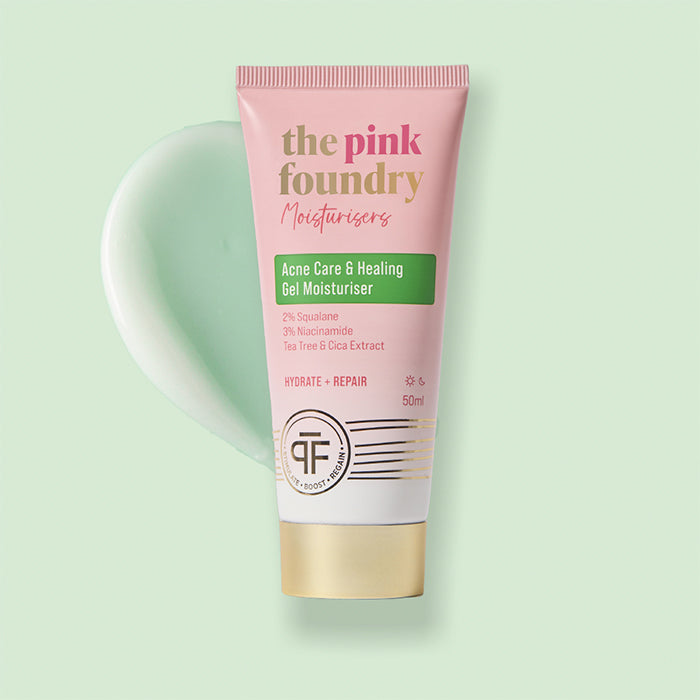
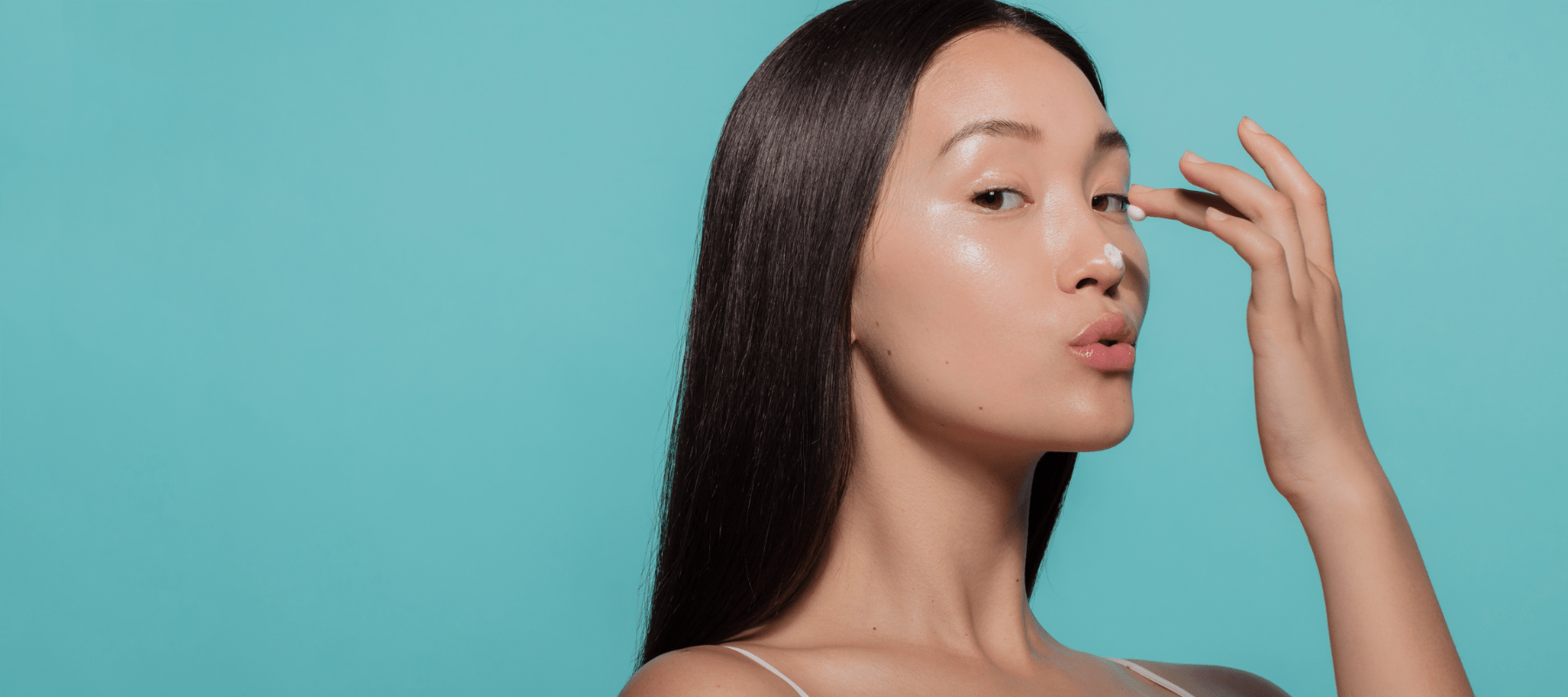
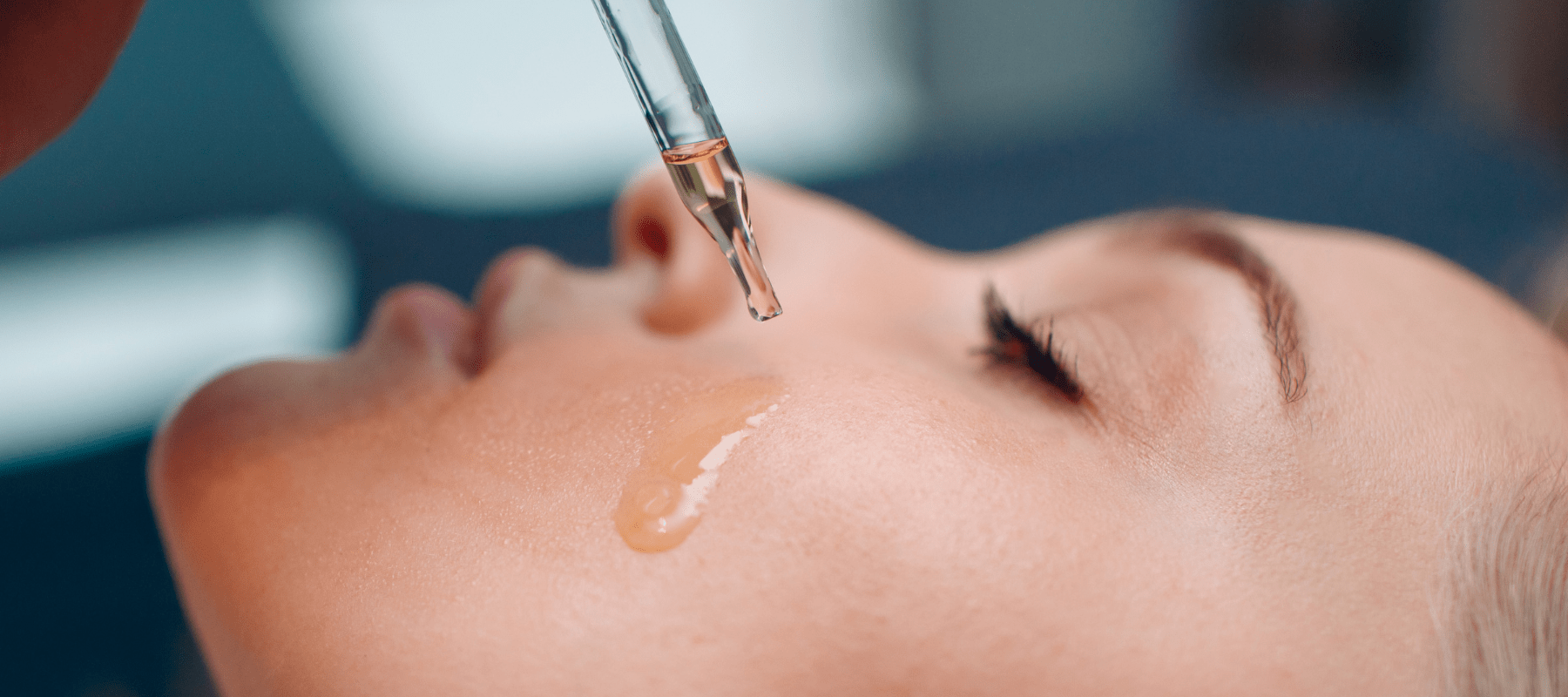
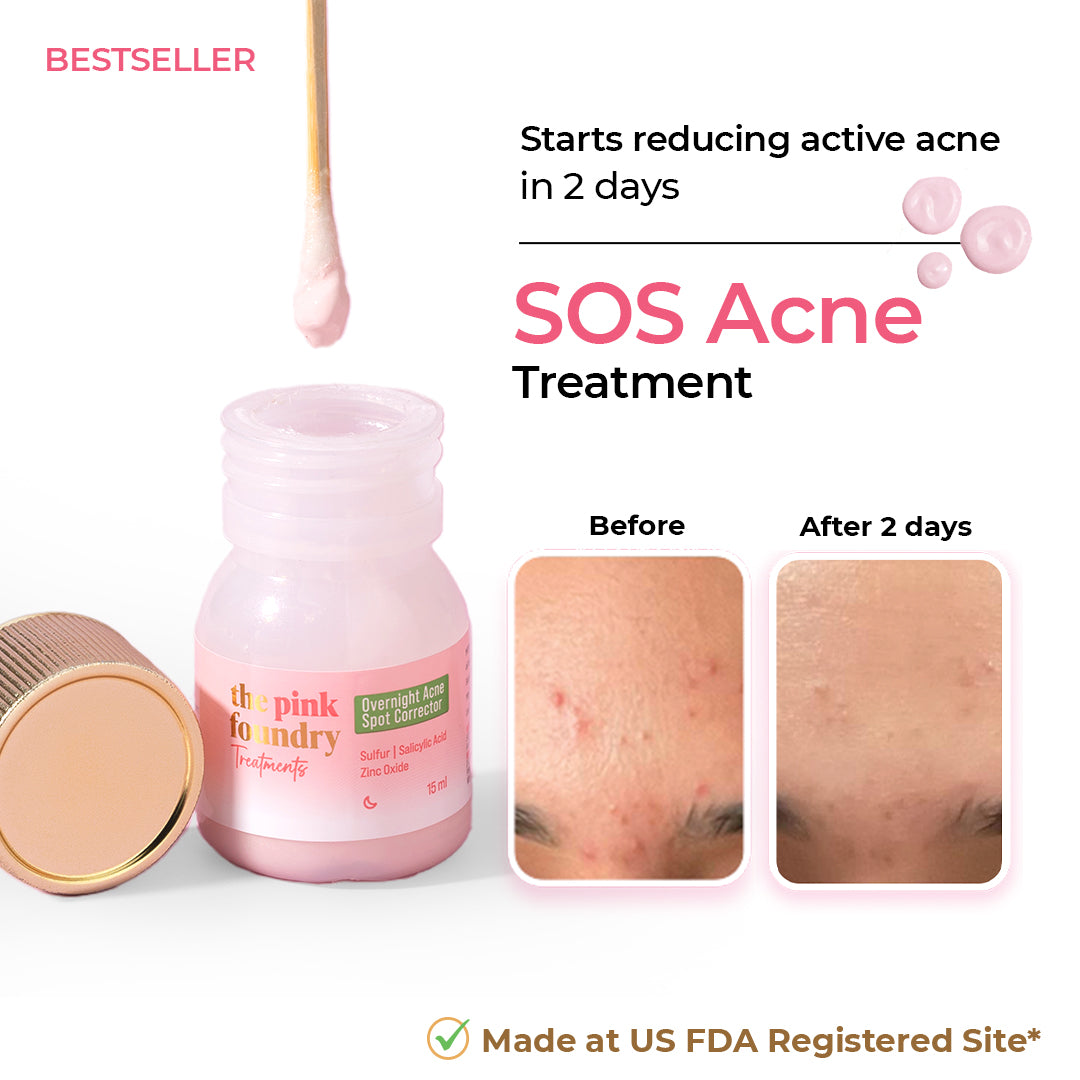
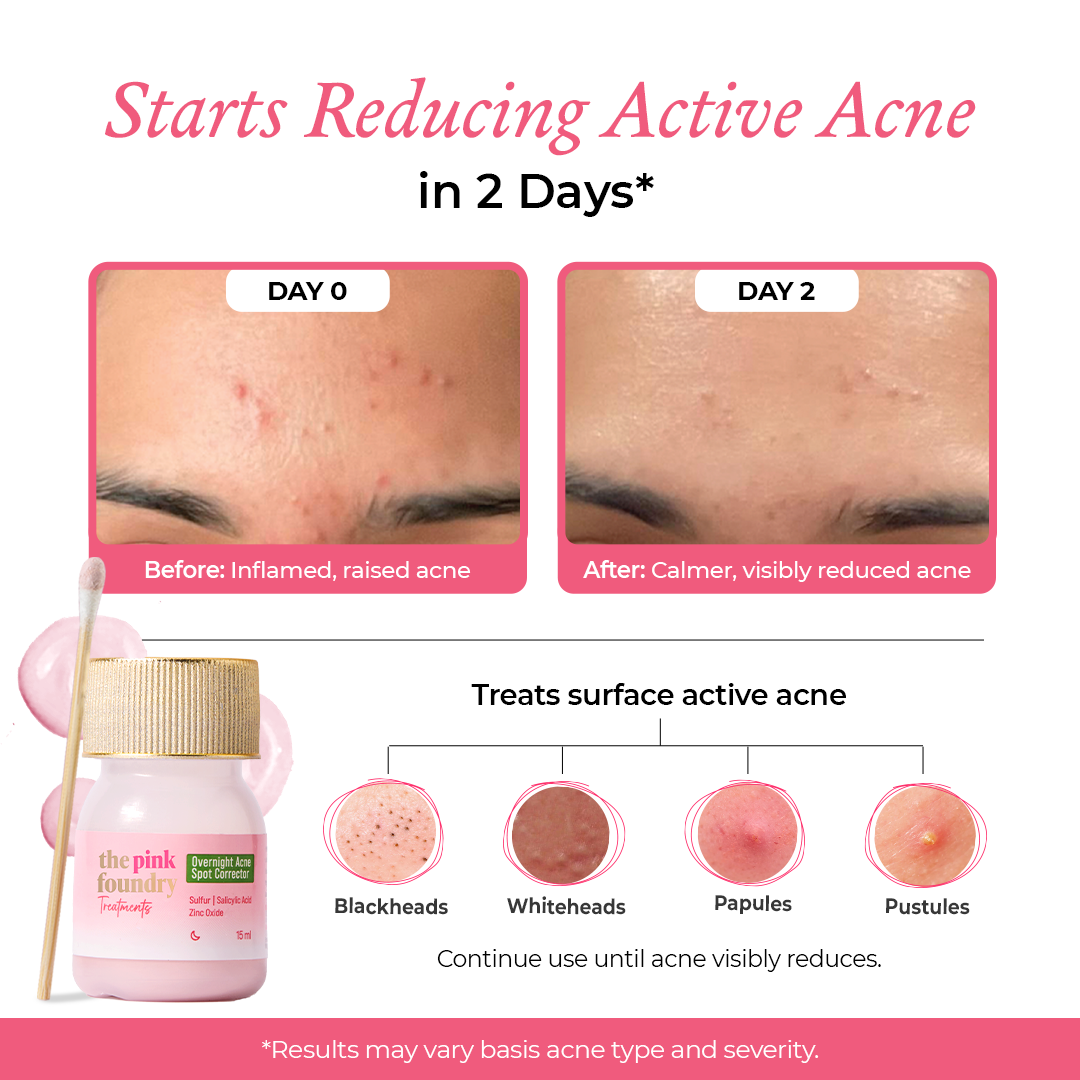


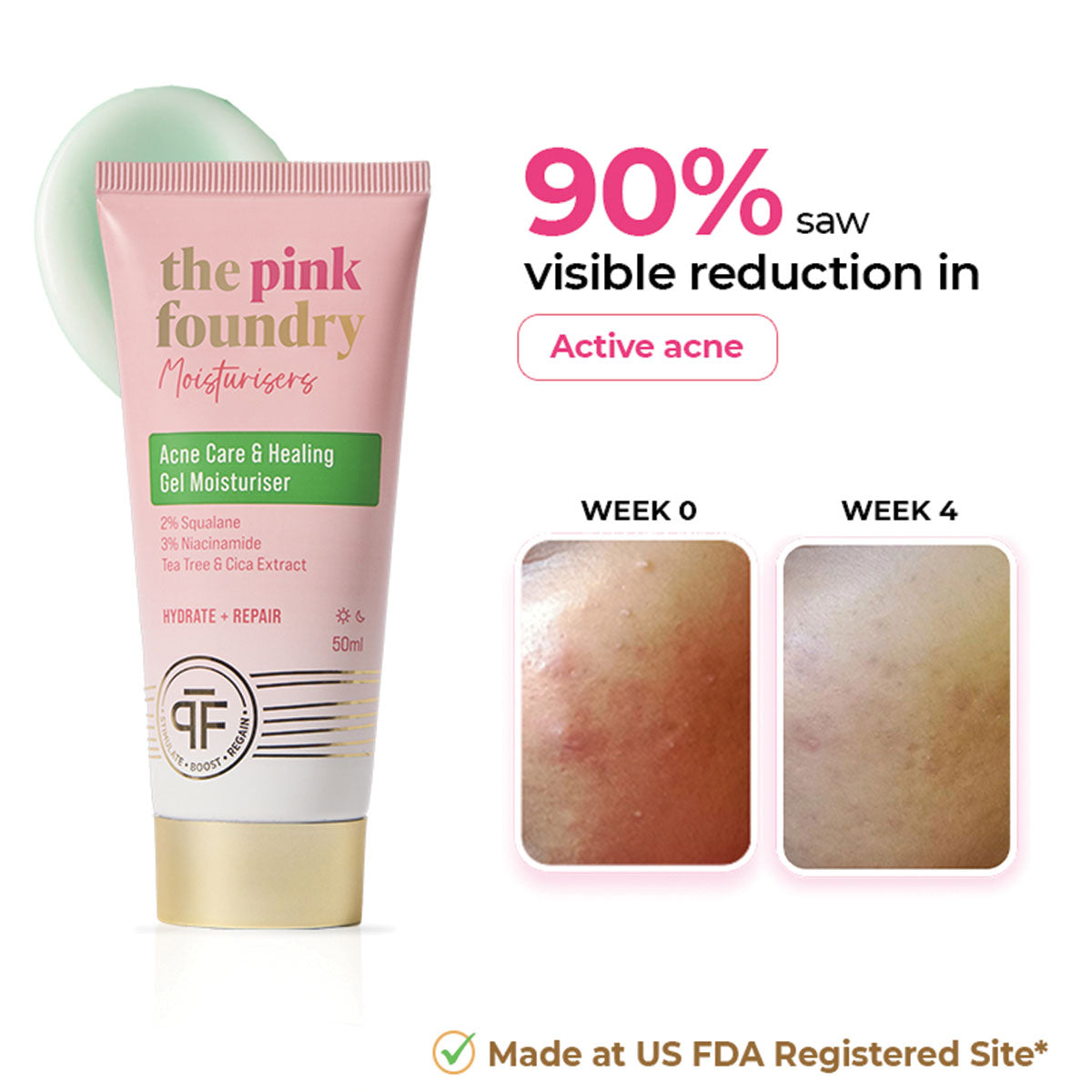
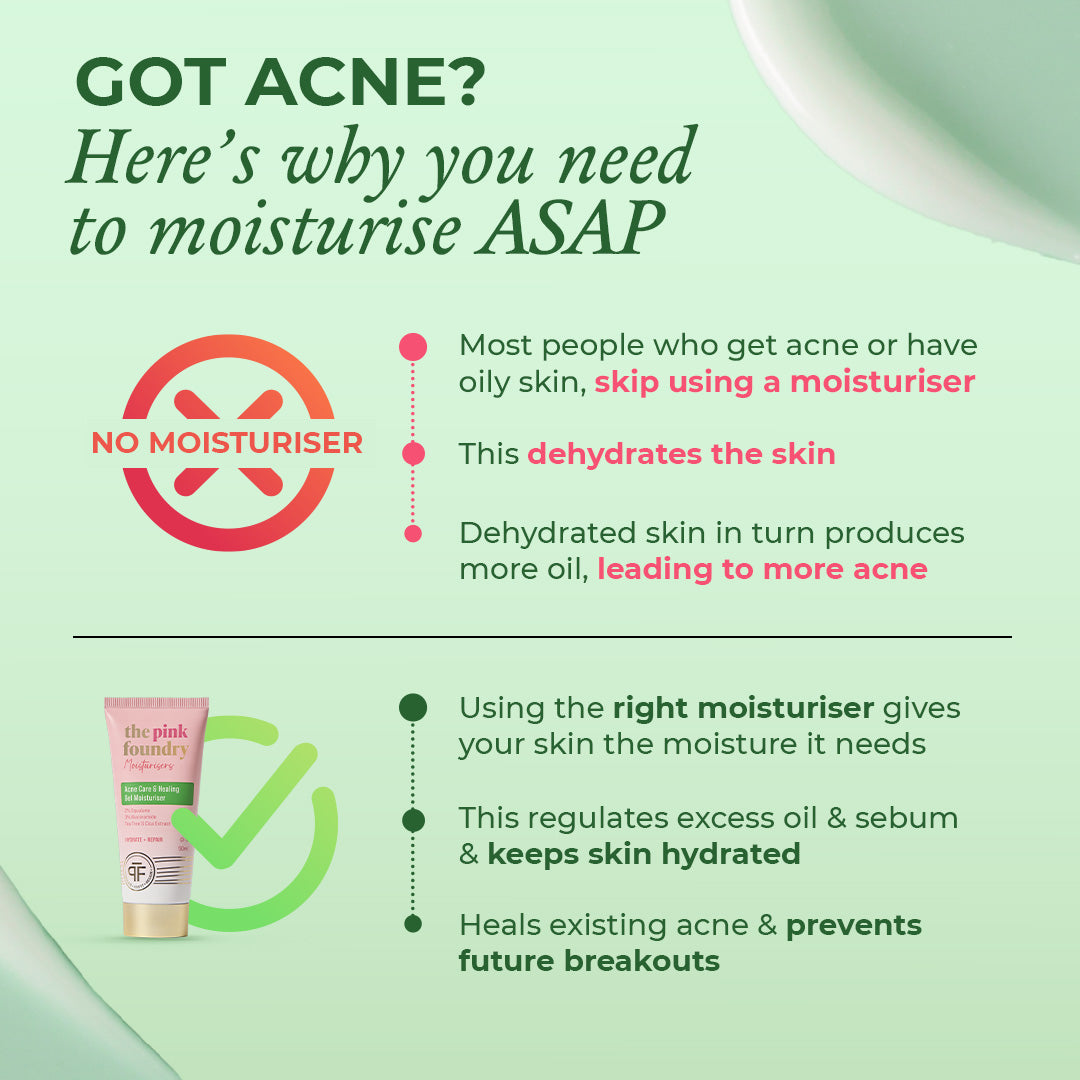










Leave a comment
This site is protected by hCaptcha and the hCaptcha Privacy Policy and Terms of Service apply.